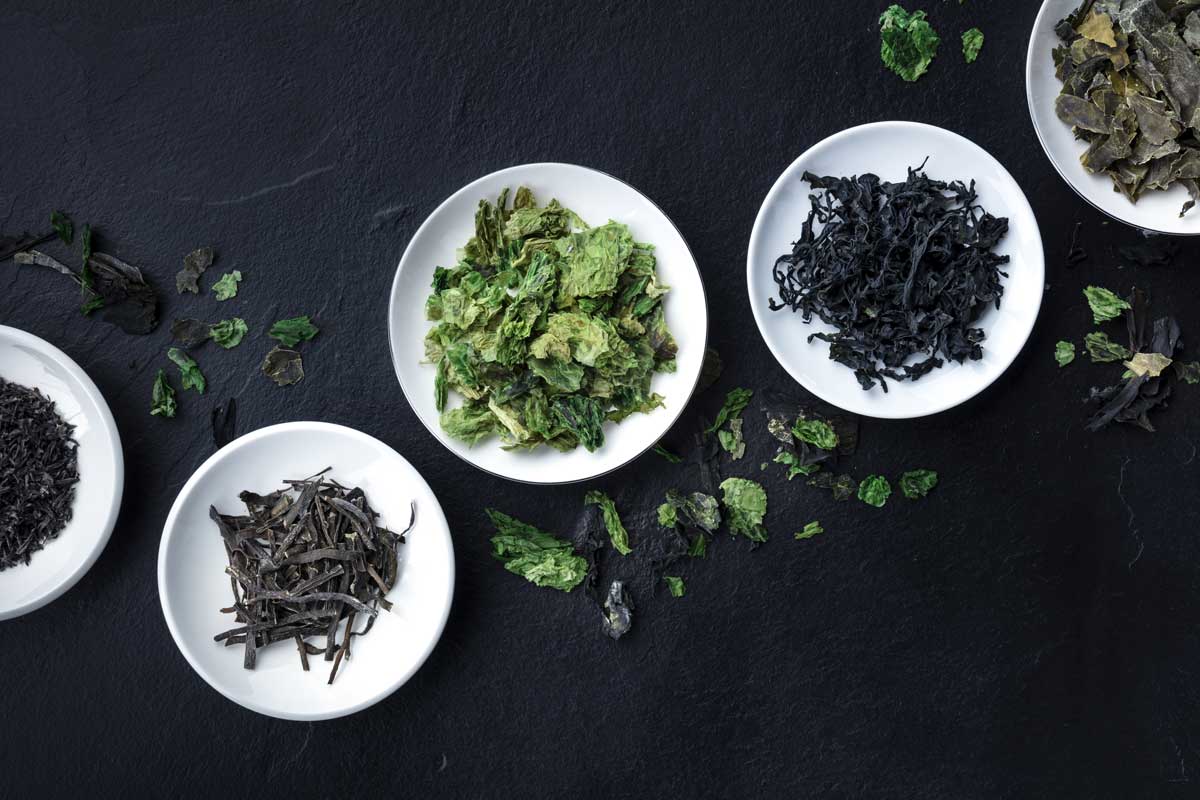
How CBD Can Help You Achieve Your New Years Resolutions
WRITTEN BY MELANIE FLORES AND DR. SWATHI
Setting a New Years Resolution can help one incorporate a routine into their daily lives that promotes their greater well-being. Year after year one of the most popular New Year’s Resolutions is to become healthier. For reference, the U.S. obesity prevalence from 2017-2018 was 42.4%. With the rise of physical inactivity and increased stress due to the global pandemic, this number is projected to have increased in recent years. Obesity can lead to fatal diseases and long-term chronic conditions. After looking at this statistic it comes as no surprise that losing weight and developing a healthier lifestyle is consistently among the top New Year’s Resolutions for Americans. Novel research has been arising that supports cannaidiol’s (CBD) role in helping to support weight loss goals and other factors that could predispose a person to obesity.
CBD's Role in Supporting Healthy Weight
Prominent research featuring humans has revealed how CBD could be beneficial in promoting “good fat”, increased metabolism, and a healthy BMI. It is important to note the two different types of fat in your body: white and brown fat. White fat is what builds up in the human body when too many extra calories are consumed and this is the fat that can increase the risk of type 2 diabetes and heart disease. However, brown fat is the fat that is responsible for storing and generating energy. A 2016 study identified that CBD can lead to the conversion of white fat cells into brown fat cells in test tubes, as well as enhancing the expression of certain genes that promote brown fat in the body. Further promising weight inhibition effects of CBD were shown in a rat experiment where rats were given a high fat diet for 2 weeks. Results showed that weight gain was inhibited by daily CBD consumption. This study suggests that CBD may significantly benefit and boost metabolism, and supported results of a survey of 4657 humans that found that cannabinoid use was associated with lower fasting insulin levels and smaller waist circumference. Although more research is needed on the exact role CBD can play in boosting metabolism, studies continue to emerge that point to CBD’s role in maintaining a healthy metabolism and weight.
CBD’s Role in Supporting Calm and Sleep
Lack of sleep has also been associated with increased oxidative stress, glucose intolerance, and insulin resistance. Staying awake for longer in the night has also prompted people to eat more calories than necessary. The physical phenomenon of anxiety increases cortisol, the stress hormone, levels in the body. Cortisol can cause fat to build up in the stomach and lead to weight gain. Anxiety can also cause slowed digestion, lack of energy, and overeating; all of which could contribute to obesity. CBD may be a valuable tool in aiding in feelings of overwhelm and worry, thereby preventing restful sleep. In a study of 72 adults with generalized anxiety and poor sleep quality, daily CBD was given and their symptoms were observed to see if their quality of life improved. Self-rated anxiety scores were shown to decrease in 79% of the patients all within the first month, and quality of sleep was shown to improve for 66% of patients. Thus, CBD may have the therapeutic potential to promote a sense of overall calmness and support rejuvenating sleep.
The bottom line
CBD has shown promising results thus far in regards to supporting a healthy weight and playing a role in boosting human metabolism. CBD also continues to have positive results in human studies supporting its role in helping to promote calm and healthy sleep, both when out of balance could promote weight gain. Although more research is needed to confirm its role in treating these results, CBD could be a powerful addition to helping support the New Year’s Resolution to adopt a healthier lifestyle.
References
- Parray HA, Yun JW. Cannabidiol promotes browning in 3T3-L1 adipocytes. Mol Cell Biochem. 2016 May;416(1-2):131-9. doi: 10.1007/s11010-016-2702-5.
- Verty AN, Stefanidis A, McAinch AJ, Hryciw DH, Oldfield B. Anti-Obesity Effect of the CB2 Receptor Agonist JWH-015 in Diet-Induced Obese Mice. PLoS One. 2015;10(11). doi:10.1371/journal.pone.0140592
- Penner EA, Buettner H, Mittleman MA. The impact of marijuana use on glucose, insulin, and insulin resistance among US adults. Am J Med. 2013 Jul;126(7):583-9. doi: 10.1016/j.amjmed.2013.03.002.
- Beccuti G, Pannain S. Sleep and obesity. Curr Opin Clin Nutr Metab Care. 2011;14(4):402-412. doi:10.1097/MCO.0b013e3283479109
--
This article was edited by Dr. Swathi and was written by Element Apothec Scientific Communications Intern, Melanie Flores. She is a Doctor of Pharmacy (PharmD) student at Oregon State University and Oregon Health & Science University College of Pharmacy in Portland, Oregon.











